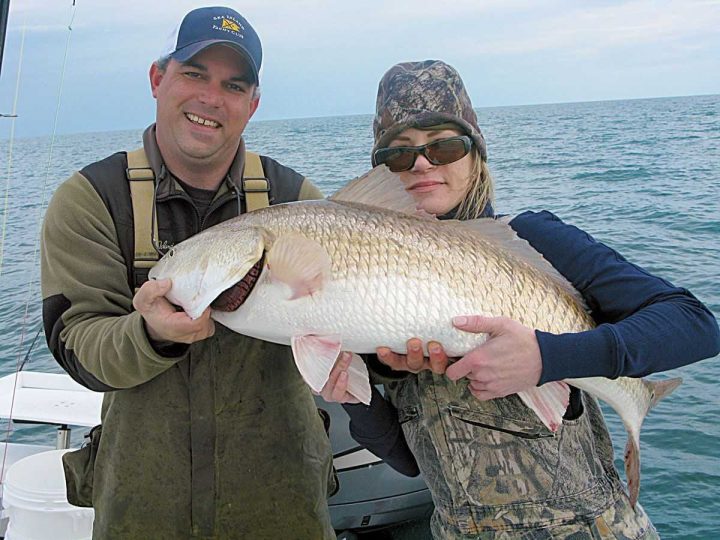It was more than 10 years ago when I waded into a flat in Old Tampa Bay with an older gentleman who had offered to pay me, a fish-bum college student, to go to my most secret of backwater spring snook holes. In one way or another, fishing has been a paycheck since that day, whether commercial or recreational.
Sure, the salt guiding game is different than guiding for trout, which is different than guiding for striped bass. But there are standard operating procedures most of the good guides use. And they do so for a reason… they work.
Through the years, I’ve seen a lot of guides come and go. And along the way, I’ve noticed a handful of similarities between guys who were successful and those who were not. Both for the client shopping for a guided trip and for the greenhorn guide, I’ve tried to assemble five crucial habits of the guides who get to work more than 150 days a year.
1.) First and foremost, never lose sight of the fact that your primary job as a guide is to play lifeguard. It is not to catch fish. If you don’t get the clients safely to the end of the trip, you don’t get paid. Simple as that. All you can do is be prepared. Keep a well stocked, recently packaged first-aid kit and proper emergency gear that’s legal and in working order.
2.) Never forget it’s not really about the fish, it’s the whole experience. The real test of guide is how they handle a day when the fishing is slow or downright terrible. After all, anyone can be a guide on days when the fishing is easy. Clients of a top-notch guide should walk away from a day of slow action knowing the guide did everything in his power to keep morale up and find fish.
3.) Always be humble. Well, at least until there have been a few fish brought to the boat. Let pictures speak for themselves, and never over-sell the quality or numbers of the fish clients can expect.
4.) Fish the water you guide on the days you don’t have clients. These are the days you should be doing research and development, and a bit of recon. Simply put, this how the best guides stay on fish and in demand.
5.) Be sure to ask your client on the phone the night before his trip what they are expecting out of the trip with you. Client expectations of an outfitter, guide or captain are vast and varied thing. It’s an embarrassing experience to be unprepared, and knowing how the client envisions the day going down can avoid this every time.
Joe DiPietro is a full-time trout guide on the Toccoa River and it’s tributary streams near Blue Ridge, Ga. For more info on guided trips with Joe, contact FanninTrout@gmail.com, (706) 633-0773. Or visit www.facebook.com/TroutFishingNorthGeorgia.
